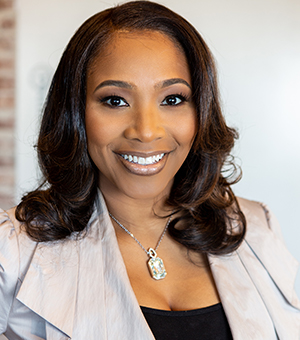Liability insurance covers the damages of a responsible party in the event of an auto accident. Georgia law requires people driving in the state to carry liability insurance, since even a good driver can make a mistake and cause an accident.
Each insurance policy has a limit, which is the highest amount the insurance company will pay out for certain types of damages. The insured chooses limits when they select a policy. There is no ceiling to these limits under law. A person will generally pay more for a policy with a higher limit, but that person has the comfort of knowing he or she is covered in the event of a dramatic accident.
There is, however, a floor. Georgia law prescribes certain minimum policy limits for auto liability insurance. These minimums are:
- $25,000 per person for bodily injury, meaning each person hurt due the policy holder’s negligence will have medical bills, lost wages and pain and suffering covered up to $25,000;
- $50,000 per occurrence for bodily injury, meaning the damages stated above cannot exceed $50,000 for one accident for all people involved (for example, five people with $10,000 in damages each will be fully covered, but three people with $20,000 in damages each will not); and
- $25,000 in property damage per occurrence, which can include damage to the vehicle or damage to other property, such as when a driver runs into a building or destroys cargo.
There are many reasons people seek minimum coverage. It is usually the cheapest option. In many cases, especially when a person has a high insurance rates due to a poor driving record, it may be all the person can afford.
Minimum coverage can be troublesome to those who suffer damages due to the negligence of the policyholder while driving. When you are injured due to another’s negligence, the law says that you should be made whole, meaning all your damages should be covered. Hospital bills can easily exceed $25,000. If a person has lost the ability to work, they have lost out on future paychecks, and damages can surpass the minimum limit.
Many people carry coverage for uninsured and underinsured drivers. If you have that coverage, you will still have to wrangle with an insurance company — it will just be your own. An attorney can assist you.
If you do not have this coverage, there may be options available. The responsible party may own property or have other assets. Do not give up if the other driver is underinsured. A lawyer will help you determine your best option.










